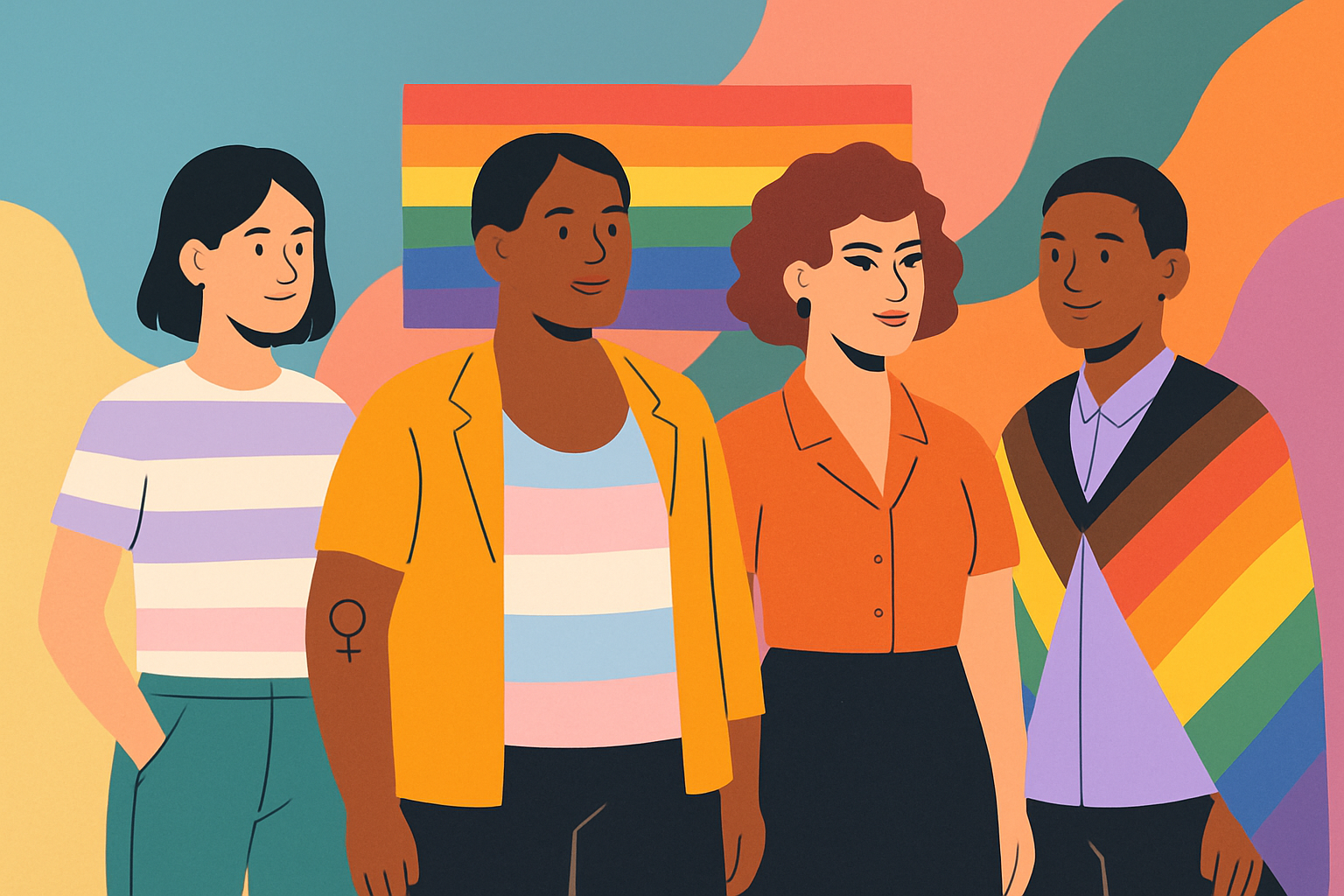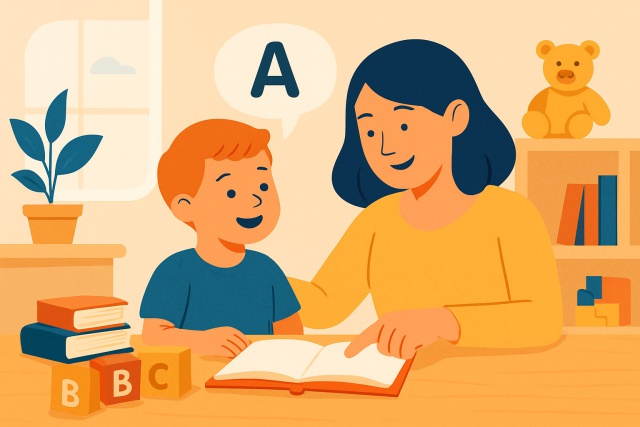
Introvert Symptoms That Show Your Personality Type
Discover the subtle symptoms that reveal an introverted personality type, breaking down common myths...
Grasping the gender identity meaning and definition has become essential in our diverse and inclusive world. Simply put, gender identity is how someone feels and understands their own gender on the inside. Sometimes this doesn’t line up with the sex they were assigned at birth. This article takes a friendly approach and breaks down the meaning of gender identity with clear language and easy-to-relate-to examples.
Gender identity is a person’s deeply felt and sometimes quietly complex experience of being male, female, a mix of both or neither. It’s an internal sense of gender that doesn’t always line up with the sex assigned at birth based on physical anatomy.
Understanding gender identity usually begins with getting a handle on some common terms tossed around. Individuals might identify as cisgender, transgender or non-binary or genderqueer just to name a few.
Gender identity often gets tangled up with biological sex or sexual orientation but they’re actually quite different concepts. Biological sex is all about the physical traits of the body, while sexual orientation is about who someone’s heart is drawn to.
| Aspect | Gender Identity | Biological Sex | Sexual Orientation |
|---|---|---|---|
| Definition | One’s deep-down personal sense of being male, female, non-binary, or somewhere in between. | Physical traits like chromosomes, hormones, and anatomy that you’re born with. | Who someone feels romantically or physically drawn to, in their heart and mind. |
| Examples | Calling yourself a woman, man, non-binary, or maybe genderqueer. | Typically male, female, or intersex as assigned at birth. | Being attracted to men, women, both, or neither—whatever fits your vibe. |
| How is it Determined? | Felt inside, often quietly, and varies from person to person. | Assigned based on physical anatomy and genetics right from the start. | Usually unfolds over time as feelings develop, both emotional and physical. |
| Relation to Self | At the core of who you are, shaping your sense of self and awareness. | Biological makeup that doesn’t always line up neatly with identity. | A unique piece of who you are, separate from gender, yet part of your personal story. |
Discovering your gender identity is a deeply personal and often one-of-a-kind journey. It usually starts with this quiet, nagging feeling that the gender you were assigned at birth just doesn’t sit right.

There are plenty of myths and misunderstandings swirling around gender identity that tend to trip people up and sometimes lead to confusion or unnecessary stigma. Some individuals still cling to the idea that gender identity is a choice or insist there are only two genders talk about oversimplifying a complex topic. Others mistakenly think a person's gender boils down to how they dress or act, which just doesn’t hold water.
"Gender identity is a deeply personal and truly meaningful experience that goes way beyond any societal norms or expectations. Recognizing it means honoring the authentic self living inside every person, no matter what."
Respecting gender identity is about much more than just being polite. It’s a important part of mental health and human rights and ensures everyone feels truly included in society. When people feel seen and accepted for who they really are, they tend to enjoy better mental well-being and a stronger feeling of safety in their communities.
Taking a moment to acknowledge students’ gender identities goes a long way in creating a welcoming environment where everyone feels safe enough to learn without the looming shadow of fear or discrimination. In the workplace, those who get pronouns right and roll out inclusive policies often see a noticeable boost in employee satisfaction and productivity—it's like a little secret ingredient for a happier team. Healthcare providers who recognize and affirm gender identity tend to hit better treatment outcomes, proving that a bit of understanding makes all the difference.
If you’re ever a bit unsure about someone’s pronouns or how they identify, it’s totally okay to ask—but do so with respect and in private. You might say something like "Can you remind me what pronouns you use" or "How do you prefer to be addressed".
Acknowledging a variety of gender identities is far from a modern surprise. If you take a stroll through history, you’ll find plenty of cultures that didn’t just box people into the simple categories of male and female. These identities often come with rich social and spiritual meanings.
Language around gender identity - its meaning and definition - is always shifting as people search for words that truly capture their experiences. Staying on top of respectful and current terminology helps create welcoming spaces.

Discover the subtle symptoms that reveal an introverted personality type, breaking down common myths...

Discover what identity foreclosure in psychology means, how it shapes personal development, and why...

Language processing disorder impacts how children understand and use language. Learn to recognize ea...

Learn advanced tips and expert techniques to help young athletes build mental toughness, stay focuse...